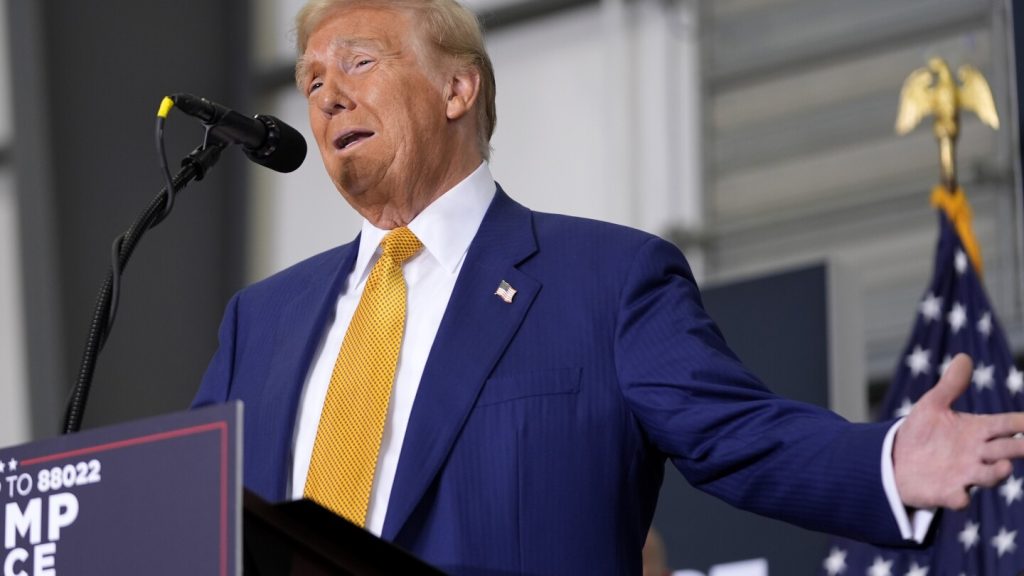Chinese hackers have targeted cellphones used by Republican presidential nominee Donald Trump, his running mate JD Vance, and people associated with the Democratic campaign of Kamala Harris, according to sources familiar with the matter. It is not clear what data, if any, was accessed, and U.S. officials are investigating the unauthorized access to commercial telecommunications infrastructure by individuals affiliated with the People’s Republic of China. The FBI is working with government agencies and industry partners to strengthen cyber defenses in the commercial communications sector.
The campaigns of high-profile political candidates are believed to have been targeted as part of a larger cyberespionage operation launched by China, though the exact information they were trying to obtain is unclear. This comes as U.S. officials are on high alert for foreign interference in the final stretch of the presidential campaign, with previous incidents involving Iranian hackers targeting Trump campaign officials and Justice Department exposing disinformation campaigns orchestrated by Russia. China, on the other hand, is said to be neutral in the race and focused on down-ballot races, targeting candidates from both parties based on their stance on issues important to Beijing.
Reports suggest that both Trump and Vance were targeted by the Chinese hackers, with the Trump campaign being advised of the situation recently. People associated with the Harris campaign were also targeted, according to sources. The Chinese embassy in Washington denied knowledge of the specifics but stated that China opposes such cyberattacks and does not interfere in U.S. elections. Trump campaign spokesman Steven Cheung accused the Harris campaign of emboldening foreign adversaries, including China and Iran. The FBI has been warning about Chinese hacking operations and disrupting state-sponsored groups targeting U.S. infrastructure.
FBI Director Chris Wray has previously warned about Chinese hacking operations disrupting American lives in the event of a conflict between the U.S. and China. Recent reports have highlighted Chinese government campaigns targeting universities, government agencies, and installing malicious software on consumer devices. Chinese hackers have been reported to have accessed U.S. broadband providers’ networks and potentially compromised systems used for wiretapping requests. The ongoing cybersecurity threats from China have raised concerns about the vulnerability of critical infrastructure and devices throughout the United States. Government agencies and industry partners are working together to strengthen cyber defenses and mitigate these threats.
In the midst of the 2024 Election, the news of Chinese hackers targeting political campaigns raises concerns about foreign interference and the security of electoral processes. The FBI’s efforts to disrupt Chinese hacking operations demonstrate the ongoing challenges posed by state-sponsored cyberattacks. As U.S. officials continue to investigate the extent of the breach and potential impacts, cybersecurity remains a top priority to safeguard against foreign threats. The involvement of foreign actors in targeting political campaigns underscores the importance of protecting sensitive data and securing critical infrastructure in the face of evolving cyber threats. Michelle L. Price and Jill Colvin contributed to this report.















